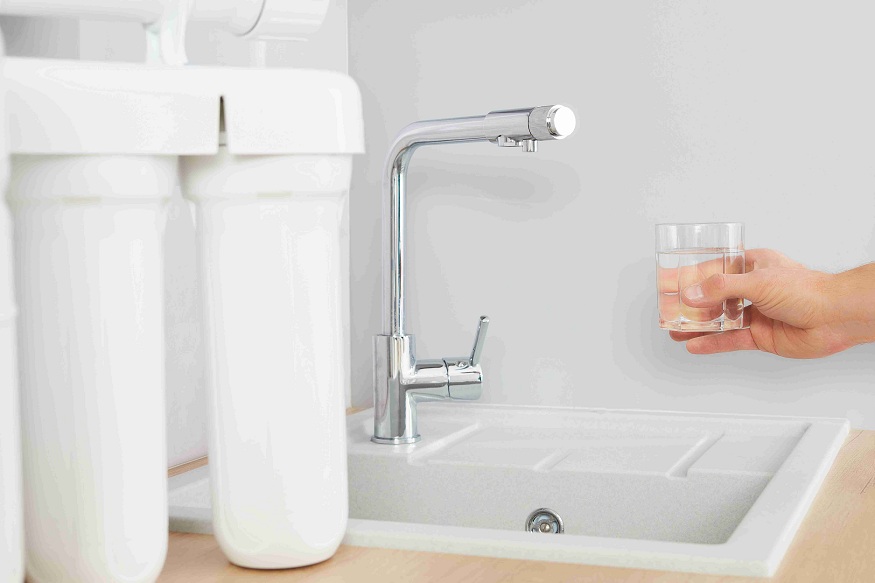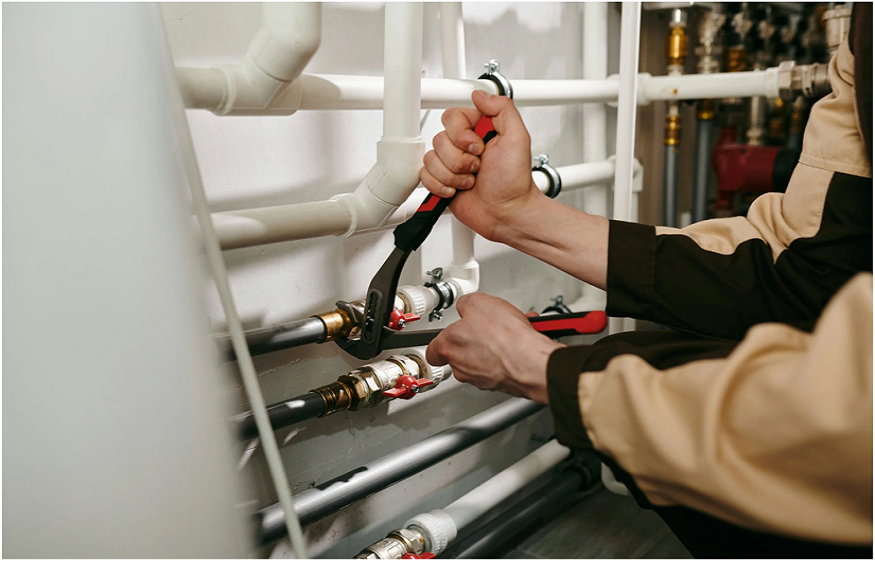How does a water softener and filter work?
Water quality matters. Whether you’re facing hard water in a Perth home or need reliable filtration for a business, understanding how water softeners and filters work helps you choose the right solution. In this post, we’ll unpack the basics of home water filtration systems and explore commercial options, bore water filters, and Perth-specific considerations. We’ll also highlight Integraflow Water Care Perth as a local example of expertise in this field.
Introduction: why softening and filtering matter
Hard water is rich in minerals like calcium and magnesium. While not harmful to health, it can cause scale buildup, dull appliances, and soap inefficiency. A water softener addresses these minerals, replacing them with softer alternatives to prevent scale and improve water usage. Filtration, on the other hand, removes contaminants such as sediment, chlorine, taste and odor issues, and some dissolved chemicals, delivering cleaner, better-tasting water. For both homes and businesses, a combined home water filtration system and water softening setup can offer tangible benefits.
Keywords in play: water softeners, home water filtration system, Perth water filters, bore water filters, commercial water filtration, Integraflow Water Care Perth.
How a water softener works
The basic principle
Most residential and commercial water softeners use a resin bed charged with sodium (or potassium) ions. When hard water passes through the mineral tank, calcium and magnesium ions are swapped with sodium ions in a process called ion exchange. The result is softened water that reduces scale formation in pipes and on fixtures.
The regeneration cycle
Over time, the resin becomes saturated with hardness minerals and must be regenerated. This is typically achieved by flushing a strong salt brine through the resin bed, displacing the accumulated minerals and restoring the resin’s ability to exchange ions. The regeneration cycle can be timer-based or meter-based, depending on your water usage and system configuration.
What you’ll notice after installation
- Reduced soap scum and better soap efficiency
- Less limescale on kettles, taps, and showerheads
- Longer life for appliances and plumbing
- Softer skin and hair after bathing
Important considerations
- Water hardness level and house size influence capacity requirements.
- Salt management and brine tank maintenance are essential for consistent performance.
- In some areas, potassium chloride may be used as an alternative to salt, though cost and availability differ.
How a home water filtration system works
The filtration stages
A typical home water filtration system may include multiple stages:
- Sediment filter: Captures sand, silt, and rust particles.
- Activated carbon filter: Reduces chlorine, taste and odor, and some organic compounds.
- Specialty filters: Depending on the system, additional stages may address heavy metals, microplastics, or specific contaminants.
Point-of-use vs. whole-house
- Point-of-use (POU) filters are installed at a single tap (e.g., kitchen sink) to improve drinking water.
- Whole-house filtration treats incoming water before it enters the plumbing, protecting appliances and fixtures from sediment and chlorine while delivering improved water across all taps.
Maintenance and replacement
Filters have a finite lifespan, indicated by the manufacturer’s flow rates or micron ratings. Regular replacement ensures optimal taste, odour, and contaminant reduction. When shopping for a home water filtration system, consider the filtration media, filter life, and compatibility with your existing plumbing.
Bore water filters: special considerations
Perth’s groundwater can include natural minerals and organic matter, depending on the bore. Bore water filters are designed to address:
- Sediment and turbidity from well water
- Taste and odour improvements
- Reduction of particulates that can clog appliances
Common filtration media used in bore water systems include sediment pre-filters, activated carbon, and sometimes reverse osmosis stages for more demanding taste and contaminant reductions. Because bore water quality varies, it’s important to tailor a filtration solution to the specific bore water characteristics and daily demand.
Commercial water filtration: scaling up to meet business needs
Businesses rely on consistent water quality for operations, equipment longevity, and customer-facing water quality. Commercial water filtration systems are designed for higher flow rates, larger filtration footprints, and robust filtration media. Key considerations include:
- Water hardness management to protect boilers and cooling systems
- Chlorine and chemical removal for taste, odour, and process cleanliness
- Filtration capacity and service intervals aligned with demand
- Compliance with local water regulations and health standards
Choosing a commercial system often involves a holistic assessment of water chemistry, usage patterns, and future growth. It’s common to install a combination of pretreatment, filtration, and, in some cases, water softening to optimise both equipment performance and water quality.
Integraflow Water Care Perth: a local partner
In Perth, a trusted provider such as Integraflow Water Care Perth can guide you through selecting and maintaining a suitable system. They bring local knowledge of Perth water filters, bore water challenges, and the unique water chemistry of the region. Whether you’re upgrading a home filtration setup or designing a comprehensive commercial water filtration solution, partnering with a local expert helps ensure the right equipment, proper installation, and ongoing maintenance.
Choosing the right setup for your needs
- For homes with hard water: A water softener paired with a suitable home water filtration system can reduce scale and improve taste and appliance efficiency.
- For drinking water: A POU filtration unit with activated carbon or a reverse osmosis stage can dramatically improve taste and purity.
- For larger properties or small businesses: Consider a whole-house filtration system combined with a water softener or a dedicated commercial filtration unit to meet flow and quality requirements.
- For bore water: Conduct a water analysis to determine sediment, mineral content, and possible contaminants, then select a system designed to address those specific factors.
Maintenance tips to keep your system performing
- Schedule regular service checks with your chosen provider, especially for brine tanks and resin beds in water softeners.
- Replace filters at recommended intervals and monitor water quality indicators.
- Inspect for leaks, pressure changes, and unusual tastes or smells that could indicate a filtration issue.
- Consider routine water testing to confirm that the system continues to meet your requirements.
Final thoughts
A properly selected water softener and filtration setup can transform daily water quality for homes and businesses in Perth. By understanding how water softeners work through ion exchange and how different filtration stages remove contaminants, you can choose a home water filtration system or commercial solution that fits your needs. Whether you’re addressing bore water filter issues, seeking Perth water filters for drinking and cooking, or planning a full commercial filtration system, partnering with a knowledgeable provider like Integraflow Water Care Perth can help you achieve reliable, great-tasting water with less scale and better protection for your appliances.


